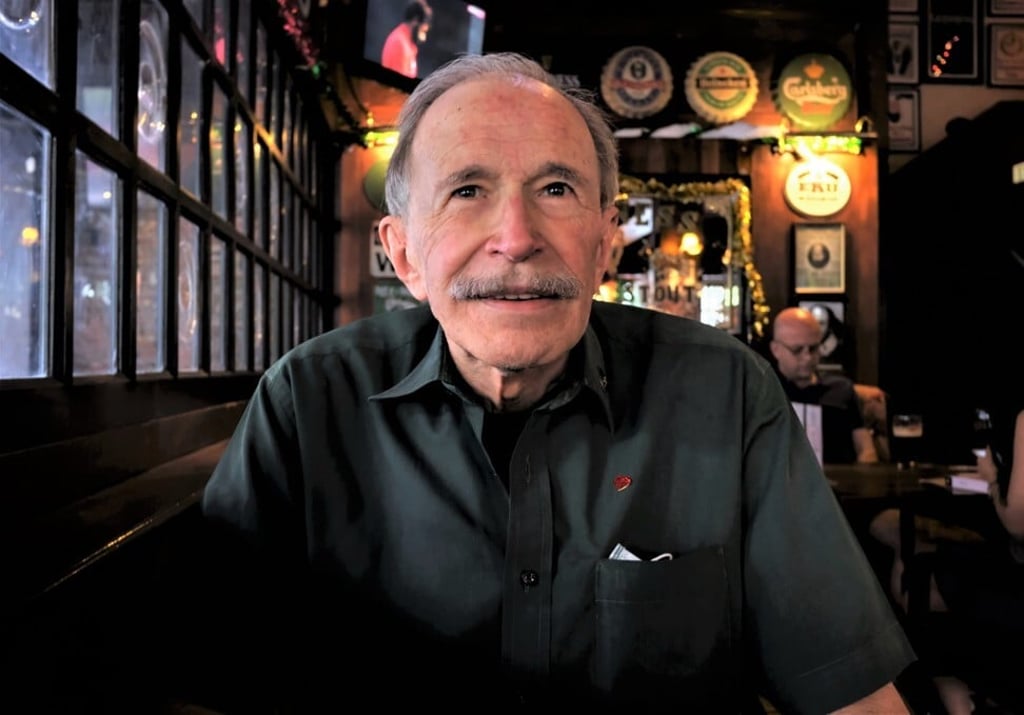When a beer in Bangkok was 50 US cents: low-cost, low-rise laid-back city of old has given way to a metropolis of high-rises and high prices
- Expats who arrived in Bangkok in the 1960s and ’70s recall living on a shoestring and feeling spoiled in a city that was laid-back and a lot smaller than today
- Since then the Thai capital has grown bigger than London, and lot more expensive, and much of Old Bangkok has been bulldozed for malls, condos and office towers

Dean Barrett, an American mystery writer, sits in an English-style tavern that is one of his remaining old haunts in Bangkok, sipping a black Russian cocktail as he ponders the curious quirks of fate.
“My story is very simple,” says Barrett, a lanky 78-year-old with a moustache and a mischievous smile. “I love Chinese culture and history. But I’m sitting here and not at some American university as a professor.”
No sooner had Barrett, aged 23, landed in the Thai capital in 1966 than his plan to devote himself to China studies began to unravel. “I got off the plane and saw a Thai woman for the first time, and that was the end of the great China scholar I wanted to be,” he says with a laugh.

“It was mostly crazy stuff, like one unit telling another: ‘We’re more loyal to Mao than you are.’ They were fighting each other. It was amazing bull,” he says.